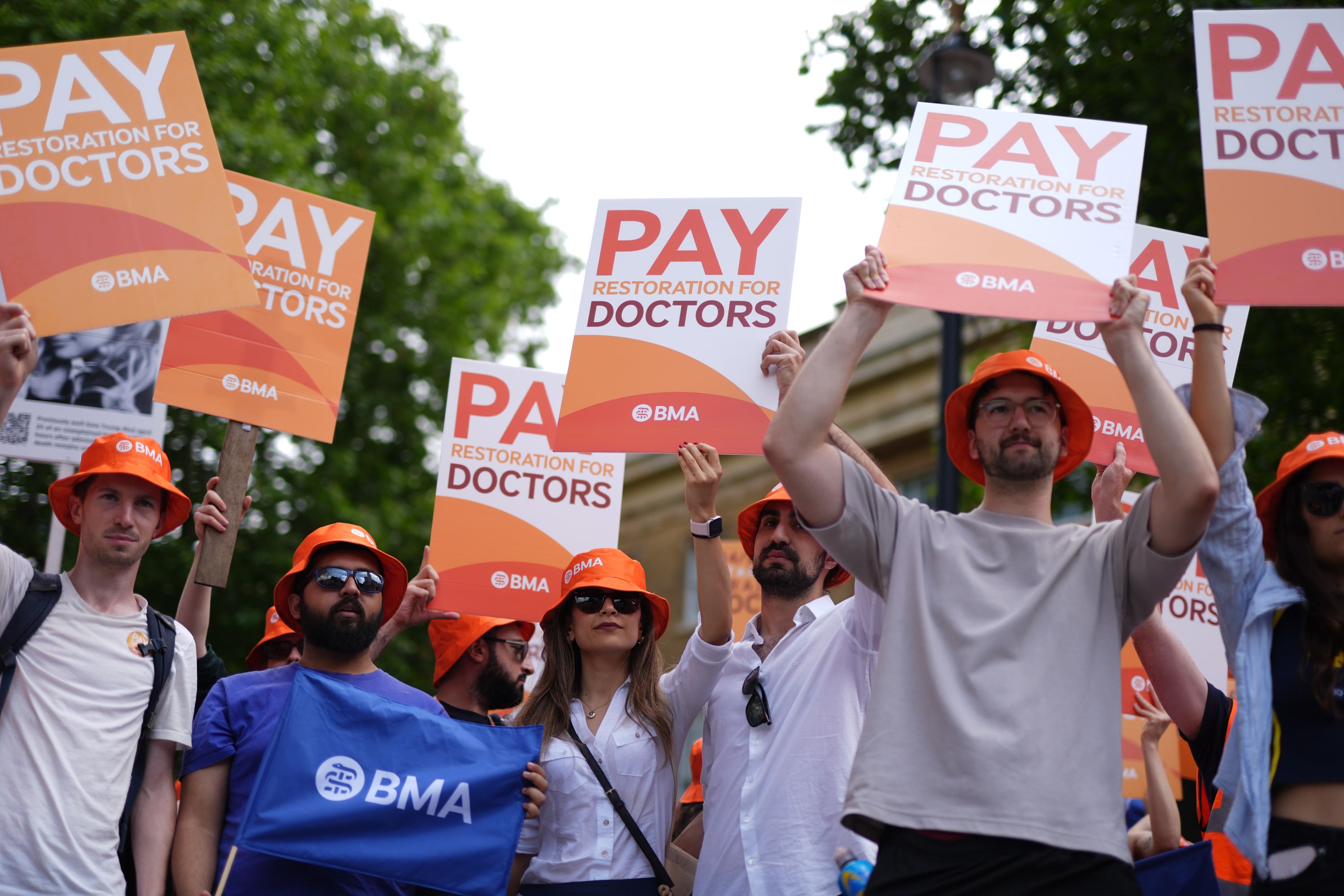Even the UK’s leading economist was flummoxed.
Minutes after Rachel Reeves had delivered her first spending review, Paul Johnson, the head of the influential Institute for Fiscal Studies, said he was not sure he had ever listened to a speech by a chancellor where it was “so hard to work out what is happening”. Her statement to the Commons had been “full of numbers, few of them useful”, he added.
But one thing is sure – big problems are still to come down the line.
The under-pressure chancellor had no choice but to come out fighting on Wednesday as she unveiled plans for government spending until the next election. She is facing criticism from all sides for a series of policy choices she has made since entering office, as well as poor economic growth.
Just days before she unveiled her spending review, Labour’s first in a generation, she was forced to announce a massive U-turn on one of her earliest decisions in the Treasury – stripping the winter fuel allowance from millions of pensioners.
But having answered one crisis, more potential pitfalls lie ahead.
One of these will be around public sector pay. There are eight government departments facing real-terms cuts to their budget as part of this spending review, according to the IFS. On top of that there will be no money for extra pay rises, meaning any increases will have to come from within a department’s budget.
But, even just in the area of health, doctors in England are threatening to strike after they were handed a 4 per cent pay hike. That followed rises worth an average of 22 per cent over the last two years. The British Medical Association, the union representing doctors, has called the increase "derisory" and not enough to make up for what they said was 15 years of below-inflation hikes.
The statement also included little detail on where most of Ms Reeves’s much-vaunted “savings” are coming from. She announced ministers would save £1bn a year by “ending the costly use of hotels to house asylum seekers” within four years. Part of this will be driven by funding to cut the asylum backlog, hearing more appeal cases and returning more people to their home countries – but this is by far the first government who has tried to end the use of hotels.

The government has also announced plans to sell off the family silver, including buildings in central London, and cut the number of civil servants. But Treasury sources would not be drawn on figures detailing how much they want the headcount to fall – although ministers privately talk of 50,000 – setting up another clash with the unions, still Labour’s largest financial backers.
More broadly, there have been warnings that Ms Reeves has only delayed the pain and there will have to be tax rises in the autumn. The spectre in the room of the statement was, of course, Donald Trump. Ms Reeves’s promise of billions in investment is her gamble on boosting economic growth. But the impact of Mr Trump’s trade tariffs hangs over the economy. Only last week, global economics body the Organisation for Economic Co-operation and Development cut its forecast for UK economic growth.
It seems that, with Mr Trump in the White House, Ms Reeves may well struggle to be in charge of her own destiny, regardless of what she’s promising.







